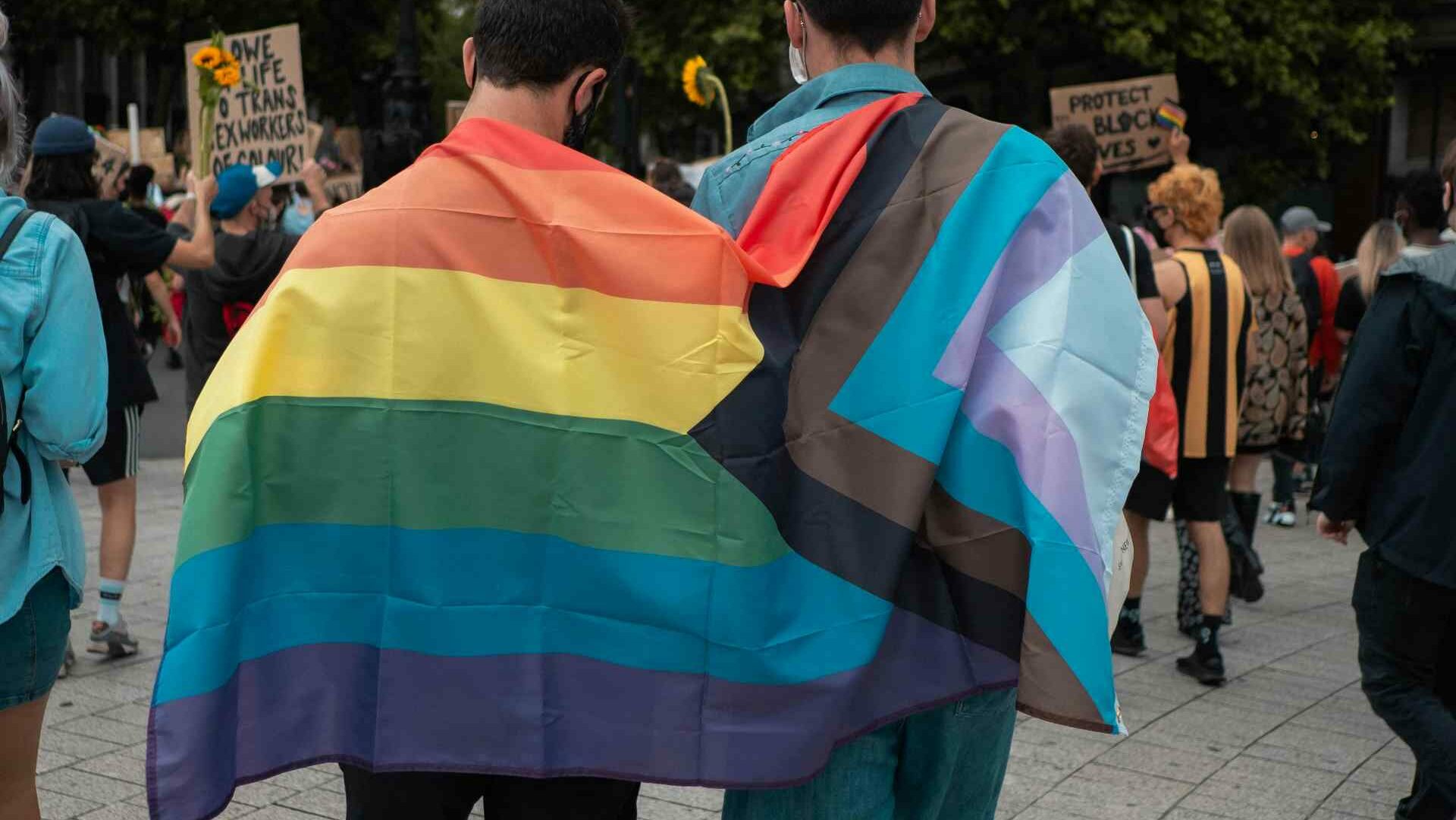LGBTQ+ crisis helplines seeing record calls following Donald Trump US election win
The Rainbow Youth Project has surpassed its usually monthly quota in just six days, with one teen revealing they had made a suicide pact should Trump win
By Dale Fox

LGBTQ+ crisis helplines in the US have seen a dramatic rise in calls following Donald Trump’s re-election as president, The Washington Post has reported.
Organisations like the Rainbow Youth Project and The Trevor Project have been inundated with messages from LGBTQ+ individuals, parents, and allies deeply concerned about the future, the publication says.
The Rainbow Youth Project received over 3,810 calls in just six days – surpassing its typical monthly total – with 67% of those contacts coming from transgender young people or their families. Similarly, The Trevor Project recorded a staggering 125% increase in contacts on Election Day and the following day, as LGBTQ+ youth grappled with fears about their safety and access to gender-affirming care under Trump’s leadership.
“We are receiving these calls out of fear,” Lance Preston, executive director of the Rainbow Youth Project, told the publication. “Fear that we will lose our children to suicide and fear of the challenges this new administration will set up for us.”
One particularly harrowing call came from a 16-year-old nonbinary teen who revealed they had made a suicide pact with three other queer friends, should Trump win. Thankfully, the crisis team was able to intervene. “I keep thinking, what if that one teenager had not called us?” Preston said.
What Trump presidency could mean for LGBTQ+ rights
A Trump-led administration, backed by Republican control of Congress, could bring shifts in federal policies impacting the LGBTQ+ community. Trump’s prior term saw rollbacks on protections, especially those impacting transgender individuals. Key concerns for advocates include:
Healthcare access
During its first term, the Trump administration rolled back healthcare protections under the Affordable Care Act, removing gender identity and sexual orientation from its nondiscrimination clause. This allowed healthcare providers to deny services to LGBTQ+ individuals based on religious or moral objections. A second term could see similar policies reinstated.
Workplace and housing protections
Trump’s influence over potential judicial appointments could bring challenges to federal protections like the 2020 Bostock v. Clayton County decision, which prohibits discrimination based on sexual orientation and gender identity in employment. Any reversal or narrowing of this ruling could open doors to more discrimination in states without local protections.
Educational policies
Trump’s campaign rhetoric aligns with conservative state laws that restrict LGBTQ+ topics in schools, such as Florida’s “Don’t Say Gay” law, which restricts discussions of gender and sexuality in schools. These policies could gain federal support under a Trump administration, limiting LGBTQ+ resources in educational settings, curbing protections for LGBTQ+ students, and creating hostile environments in schools.
